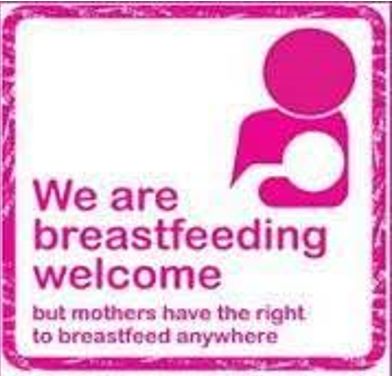Exploring infant & young child feeding (IYCF) practices & perceptions in the London Borough of Tower Hamlets
Abstract
Introduction: The aim of the research was to gain a greater understanding of infant and young child feeding perceptions and practices in the London Borough of Tower Hamlets and the role of early years’ providers in supporting healthy feeding practices. The research was used to feed into ongoing commissioning and resource allocation priorities, taking into consideration continuing budget restrictions, to achieve nutrition outcomes through effective early years’ public health interventions.
Methodology: A qualitative methodology was applied. The target groups were mothers with children under five years old, early years ‘service providers and carers. The participants were selected using purposeful, convenience and snowball sampling methods. In total 18 focus group discussions, 36 interviews and 3 direct observation sessions were carried out with 144 participants across the borough.
Findings: There was generally widespread knowledge that breastfeeding is best for infants, however, there was less clarity on the best time for introducing complementary food and drinks to infants. Mothers trust health providers for information, but most used the internet, family and friends for information as it was easier to access. Some mothers reported mixed messages, pain, and pressure from the media, families and friends as the main reasons for changing from exclusive breastfeeding to mixed feeding. Some mothers reported lack of support postnatally and inconsistent advice such as service providers giving mixed messages, especially regarding feeding in public, mixed feeding and when to introduce other fluids and foods. The borough’s infant and young child feeding support workers were valued, but not all mothers knew about the service. Certain groups, such as those with English as a second language, teenage mothers and mothers without childcare reported not using services routinely.
Conclusions: Following presentation of the key findings, and a discussion with early years’ service providers, the Tower Hamlets Public Health Division suggested practice changes which were adopted by the LBTH council. The council committed to continue supporting the Infant Feeding & Wellbeing Service (known as the Baby Feeding Service) to continue to improve infant and young child feeding practices. Health visitors are encouraged to use their new 3-4 month contact with post-natal mothers, in addition to the five mandated universal contacts, as an opportunity to offer nutrition support to mothers. The council also approved increased nutrition capacity within the Health Visiting and Public Health team. More information is now available on the Tower Hamlets website to support mothers with clear nutrition and infant feeding information with details of the many services mothers can access in the borough.

Authors retain all copyrights. In making a submission to World Nutrition, they are certifying that all material is theirs except quotations, as indicated, and that they have obtained permission for any photos, tables, or graphics taken from other publications or websites.




